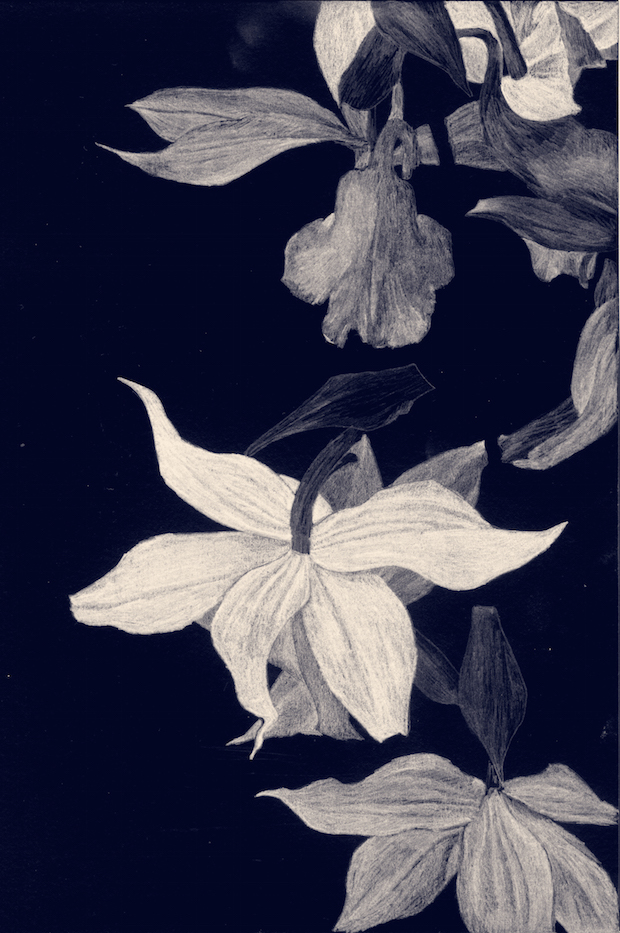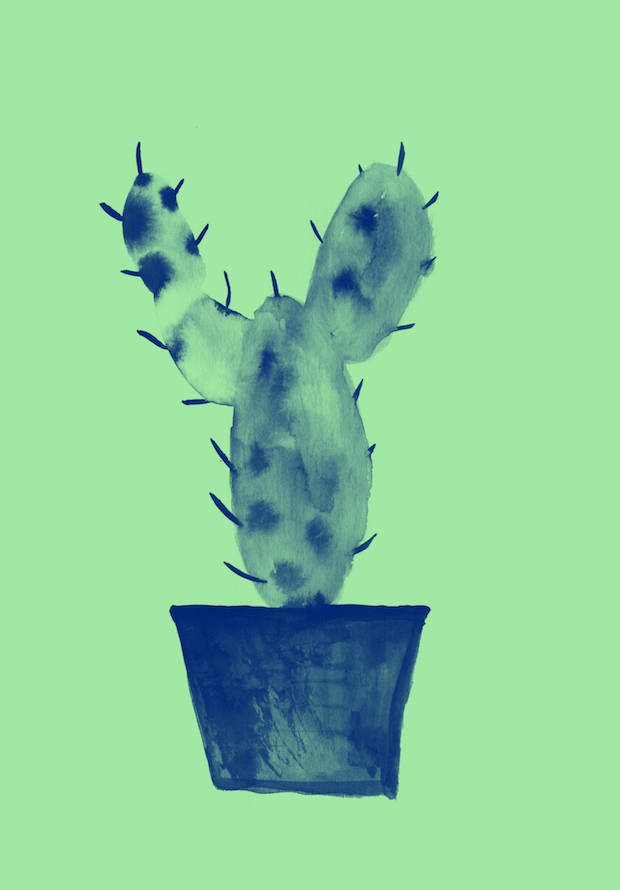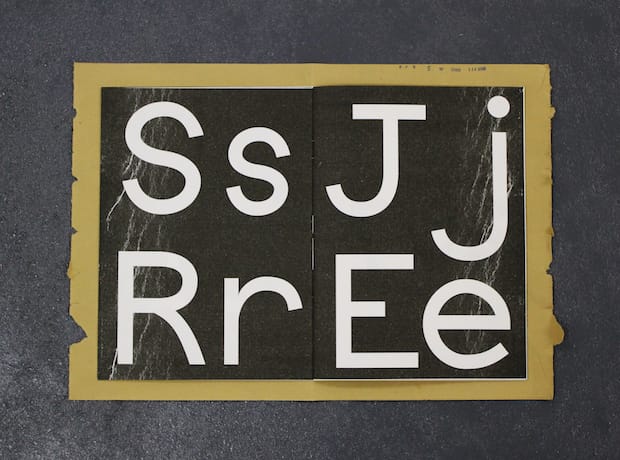This enterprising and talented Norwich University of the Arts graduate has a practice that spans type design, illustration and running his own risograph print studio, Note Well Press.
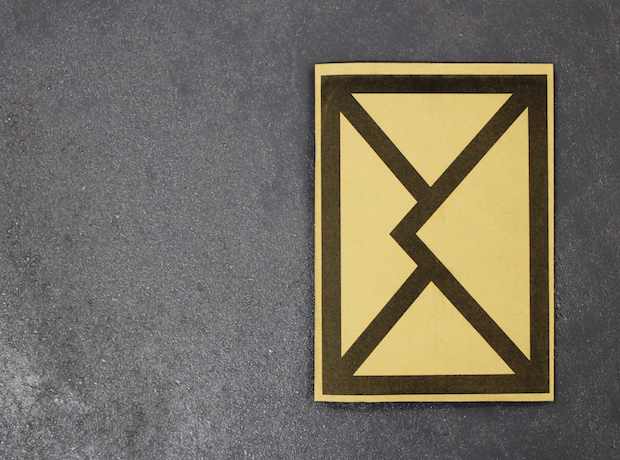
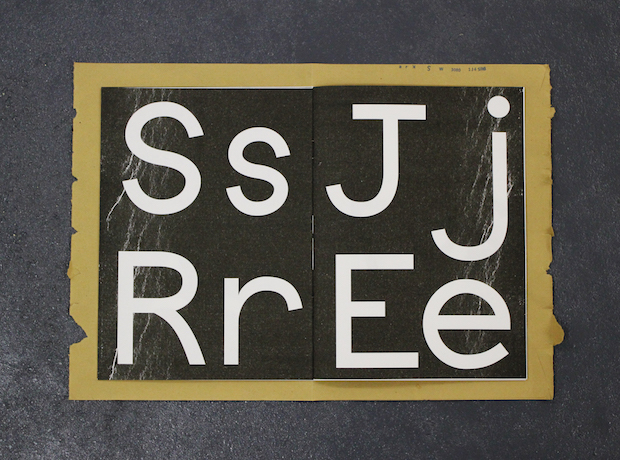
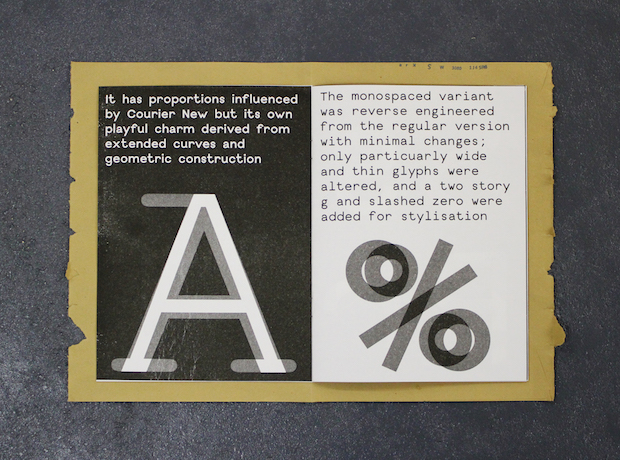
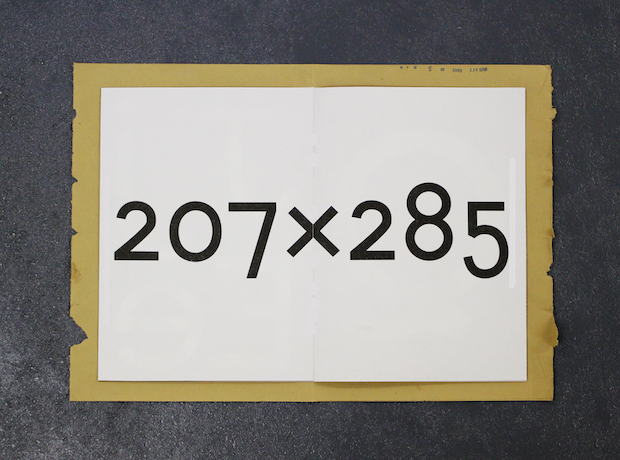
How would you describe your practice?
Ongoing experimental work focused on design for print and illustration. I tend to think of it as problem solving, finding the right combination of text and image to covey a certain meaning, or using the right overlay colours to create a print.
Your work spans a breadth from type design to traditional illustration, is it important to you to continue exploring these diverse areas?
Definitely. I try not to repeat ideas too often in my work which forces me to explore different avenues and push myself into unfamiliar territory. I also try not to forget anything I’ve done either; small experiments in sketchbooks can always be developed and used in newer projects.
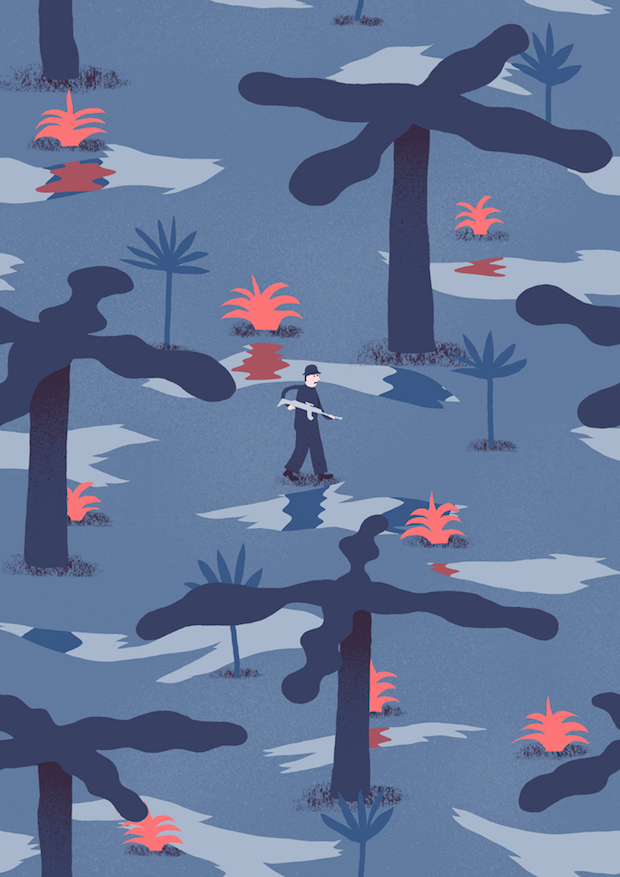
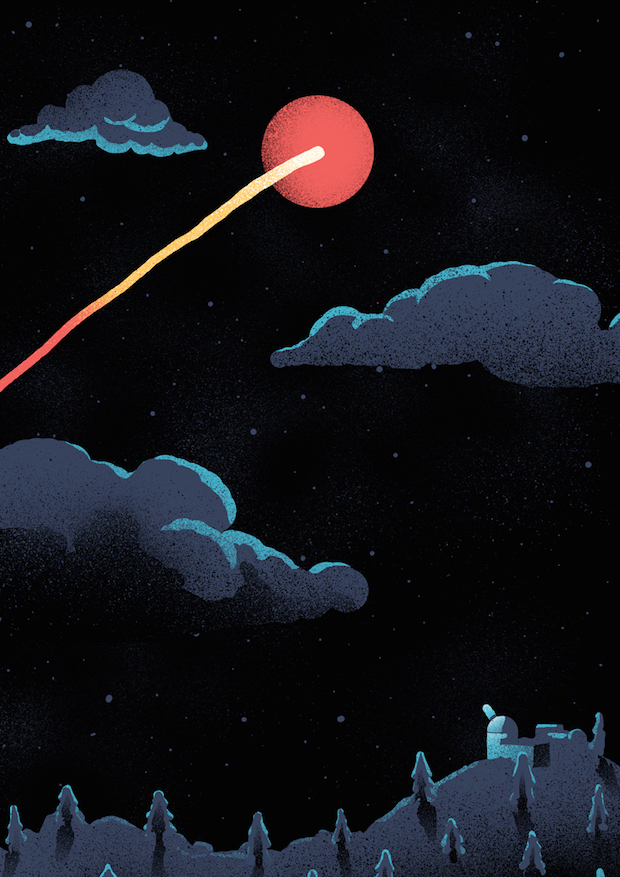
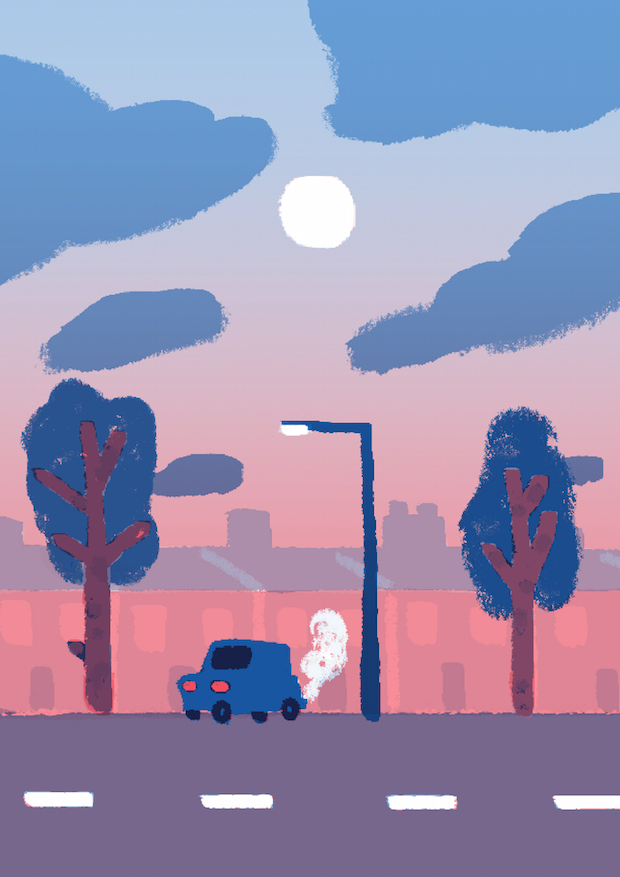
You run your own risograph print studio called Note Well Press, could you tell us a bit about how this came about?
During my third year at Norwich University of the Arts I became increasingly interested in design for print and the way that illustration and design can be combined. Risography is a very hands on method of printing which can yield some unexpected results. Note Well Press is a platform for self-publishing and instigating collaborations between illustrators and designers, students and graduates.
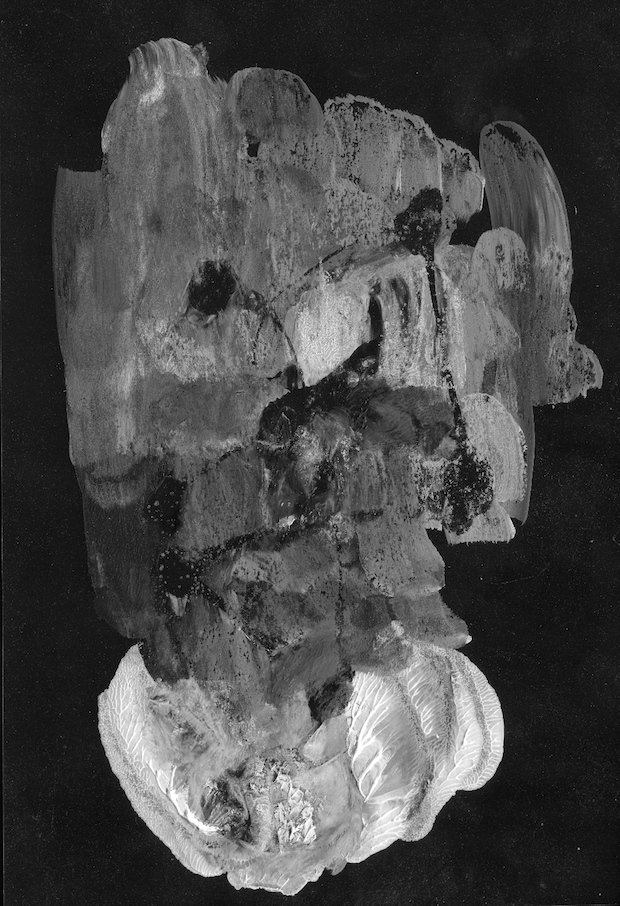
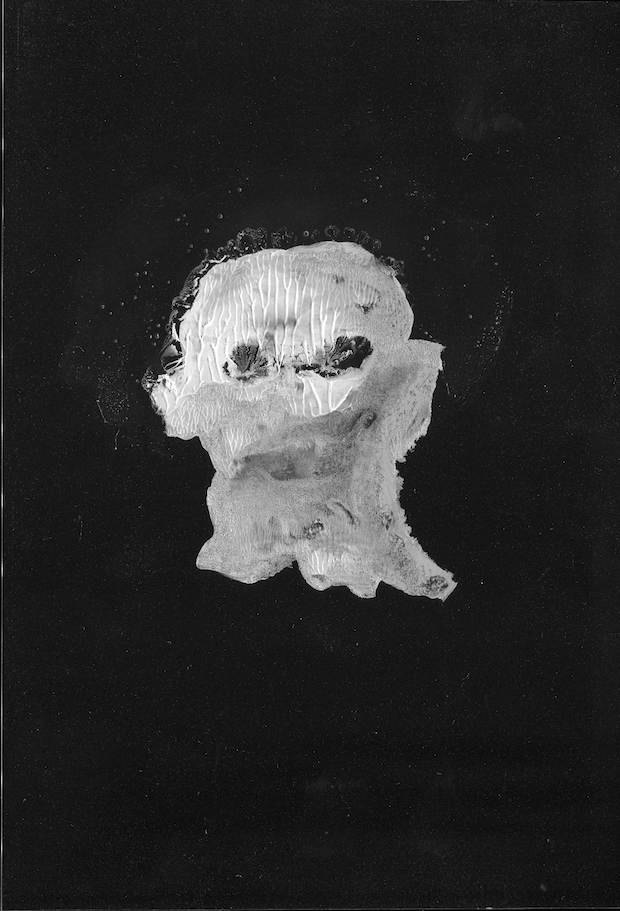
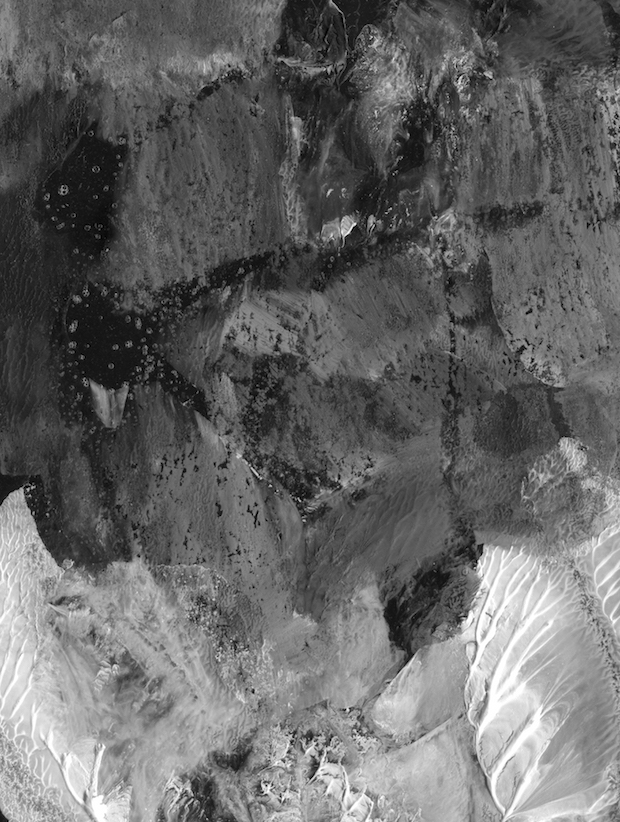
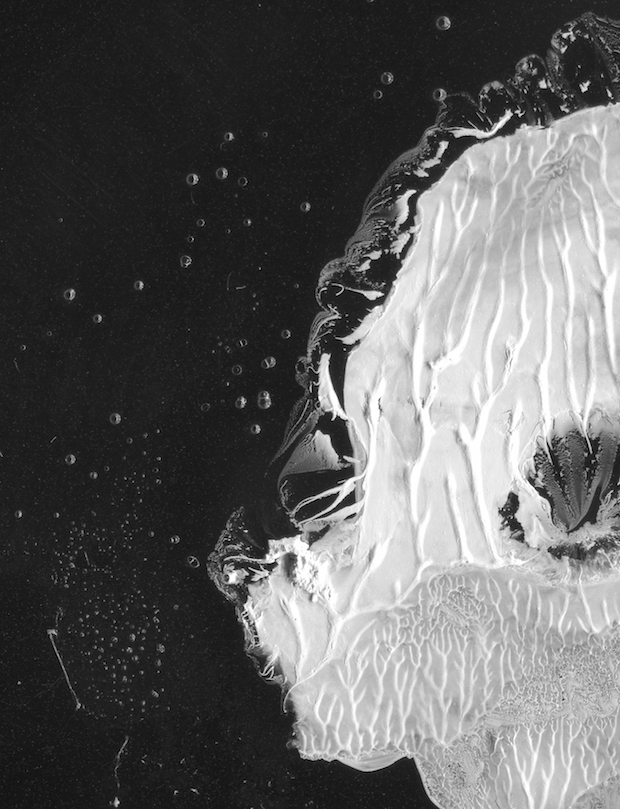
What are you working on at the moment and what’s next?
Recently, I’ve been concentrating on setting up Note Well Press and getting my first few big print jobs completed. I’m also in the process of printing a project in which I asked fourteen students, graduates and practitioners to create artwork around the theme of ‘print’. The pieces will then be made into sets of postcards showcasing their work. I hope as well as this it will spark more collaborations and group projects in the future. I’m also working on some more typographic experimentation as well as my own illustration practice.
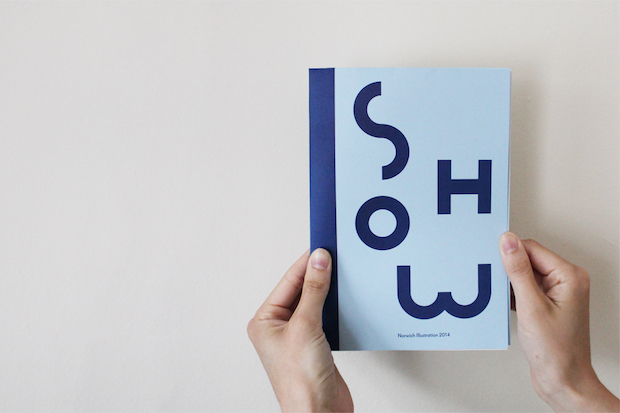
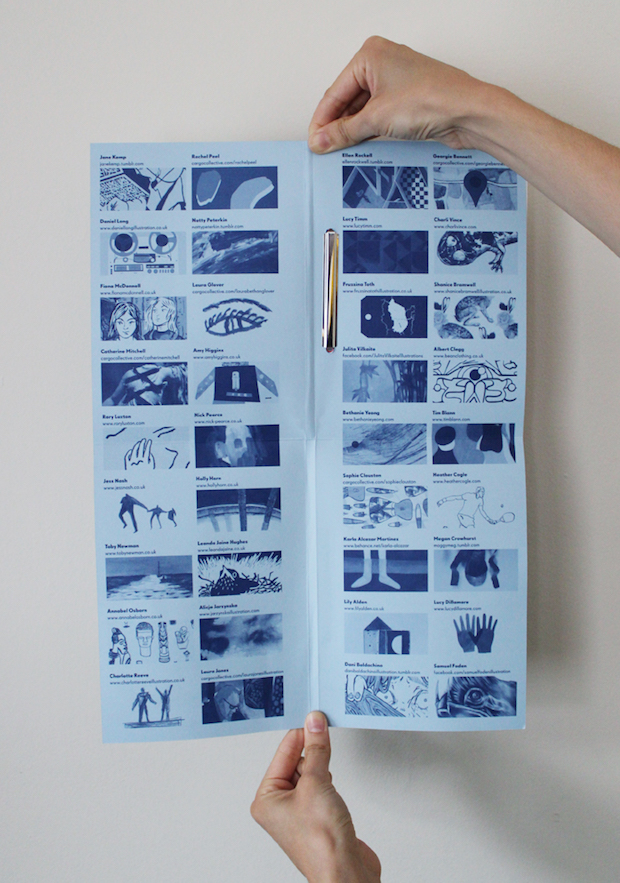
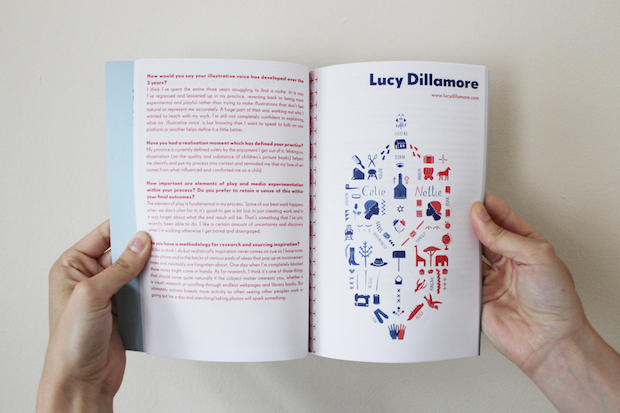
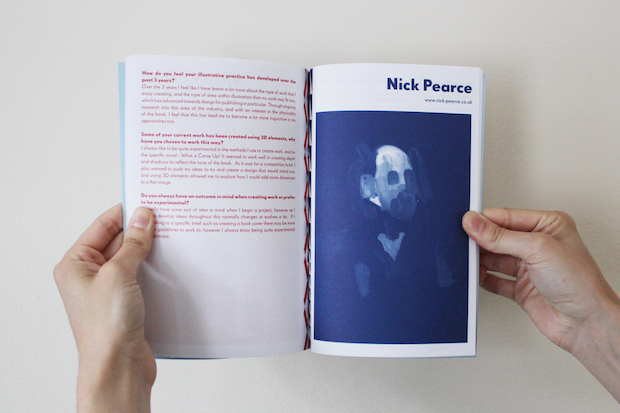
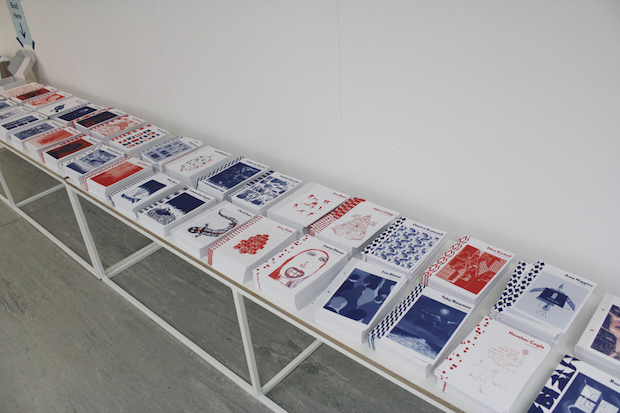
If you could collaborate with anyone on a project, who would it be?
There is a huge amount of talent out there in a vast number of fields, which makes it hard to choose just one person to collaborate with. However, I feel visual problemsolving is often at the centre of my work so collaborating with someone from a scientific background could produce some really interesting outcomes through exploring how we would both go about explaining an idea to an audience. I think science is fascinating and I admire how scientists can break down and quantify complex and sometimes abstract concepts into a tangible logic. To a certain extent, this is how I go about my own work, using constraints and rules to shape my outcomes.
nick-pearce.co.uk
